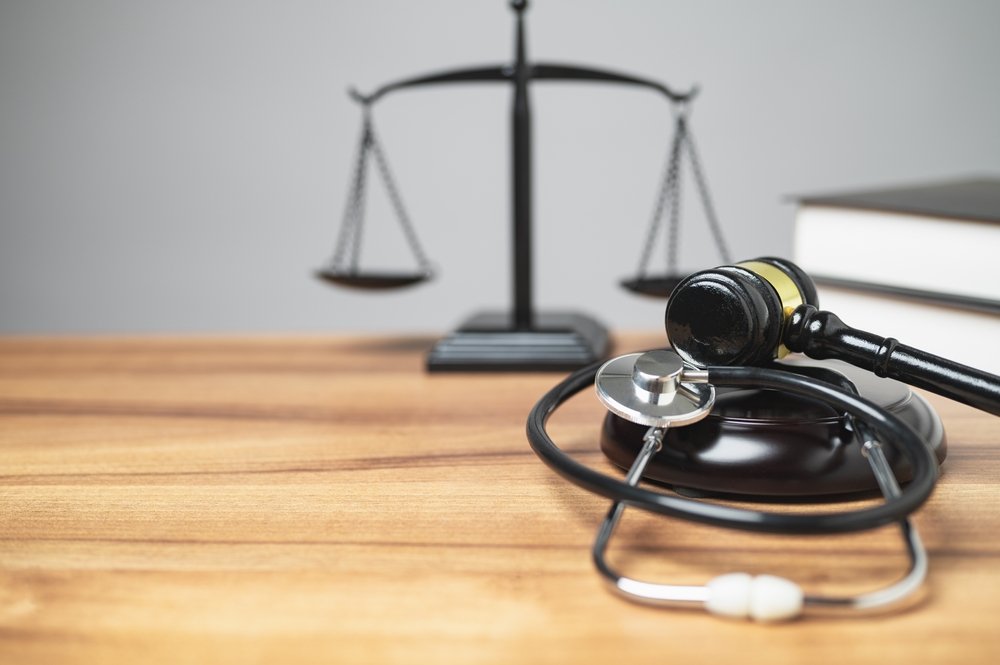
What to Expect at a Personal Injury Trial
Knowing what to expect at a personal injury trial will take some time, and it will depend on the circumstances of your case. If your personal injury case cannot come to a settlement, the next step is to take your case to trial.
Nevertheless, we can go over many of the basics here. You will need to speak with your lawyer for more detailed information. If you don’t have a lawyer and have a personal injury claim, contact our personal injury lawyers in Lafayette for a free consultation.
The Pre-Trial Process
Before the day of your trial, there is a pre-trial process where both sides start preparations for the trial. Both sides can come to a settlement during this phase of a personal injury trial. Once the actual trial starts, the result is up to the judge and jury.
There are several steps in the pre-trial process:
- Filing the Complaint: Your attorney will file a complaint with the court, outlining your case and the damages you seek. This formally starts your lawsuit.
- Discovery: Both sides will exchange information and evidence related to the case, including witness statements, medical records, and expert reports.
- Depositions: Attorneys will take sworn statements from parties and witnesses involved in the case.
- Pre-Trial Motions: Attorneys may file motions to exclude certain evidence or dismiss the case entirely.
- Mediation: In some cases, the court may require the parties to attend mediation to attempt to settle before trial.
Once both sides have shared evidence, raised all of their motions, and still cannot agree, it will be time to go to trial.
Jury Selection
If your case goes to trial, the first step is jury selection. During this process, the court and attorneys from both sides will question potential jurors to determine if they can be impartial. They may ask about their background, experiences, and opinions related to the case. The goal is to select a fair and unbiased jury.
Witnesses may also be questioned during this time to see if they are competent to testify and if their evidence can be admitted. This may have been done during the discovery process earlier, depending on the case.
Opening Statements
Once the jury is selected, the trial begins with opening statements from both sides. Your attorney will present an overview of your case, highlighting the key evidence and arguments that support your claim. The defendant’s attorney will also give an opening statement, presenting their version of events.
Your Role as a Personal Injury Plaintiff During Trial
As a personal injury plaintiff, you play a crucial role in your trial. Here are some tasks you may need to do:
- Attend Trial: You may need to be present in court throughout the trial, which may last several days or even weeks. This can be emotionally and physically draining, but your presence is essential to show the jury the human impact of your injuries.
- Testify: You will likely be called to testify about the accident, your injuries, and how they have impacted your life. Your attorney will prepare you for your testimony and cross-examination by the defendant’s attorney.
- Follow Court Rules: You’ll need to adhere to court rules and procedures, such as dressing appropriately, arriving on time, and not speaking out of turn.
- Communicate with Your Attorney: Keep open communication with your attorney throughout the trial. Let them know if you have any concerns or questions, and provide them with any new information that may be relevant to your case.
- Stay Composed: The trial process can be stressful, and the defendant’s attorney may try to discredit your testimony. It’s essential to remain calm and composed, even if you feel upset or angry.
Remember, your attorney is there to guide and support you throughout the trial process. Follow their advice and be respectful toward the court’s members.
Witness Testimony and Evidence
During the trial, both sides will present evidence and call witnesses to testify. Your attorney may call expert witnesses, such as medical professionals or accident reconstruction specialists, to support your case.
The defendant’s attorney will have the opportunity to cross-examine your witnesses, and your attorney will cross-examine the defendant’s witnesses. Cross-examination allows the opposing side to expose flaws in arguments and question testimony. Your lawyer will also do the same for evidence brought by the defendant.
Another area of what to expect at a personal injury trial is to hear objections from both sides of the courtroom to prevent statements from entering the record, stopping lines of inquiry, and calling out any errors made by the opposing side.
Closing Arguments
After all evidence has been presented, both sides will give closing arguments. Your attorney will summarize the key points of your case and argue why you should be awarded damages. The defendant’s attorney will also give a closing argument, attempting to cast doubt on your claims.
Jury Deliberation and Verdict
After closing arguments, the jury will deliberate and reach a verdict. They will determine if the defendant is liable for your injuries and, if so, how much compensation you should receive. If the jury finds in your favor, the judge will enter a judgment, and the defendant will be required to pay the awarded damages.
Contact Laborde Earles Injury Lawyers Today
If you’re considering filing a lawsuit and don’t know what to expect at a personal injury trial, it’s essential to work with an experienced attorney who can guide you through the process and fight for your rights.
At Laborde Earles Injury Lawyers, our attorneys have more than 250 combined years of experience and a track record of success in personal injury cases. We’re here to help you every step of the way, from filing your complaint to arguing your case at trial. Contact us for a free consultation.